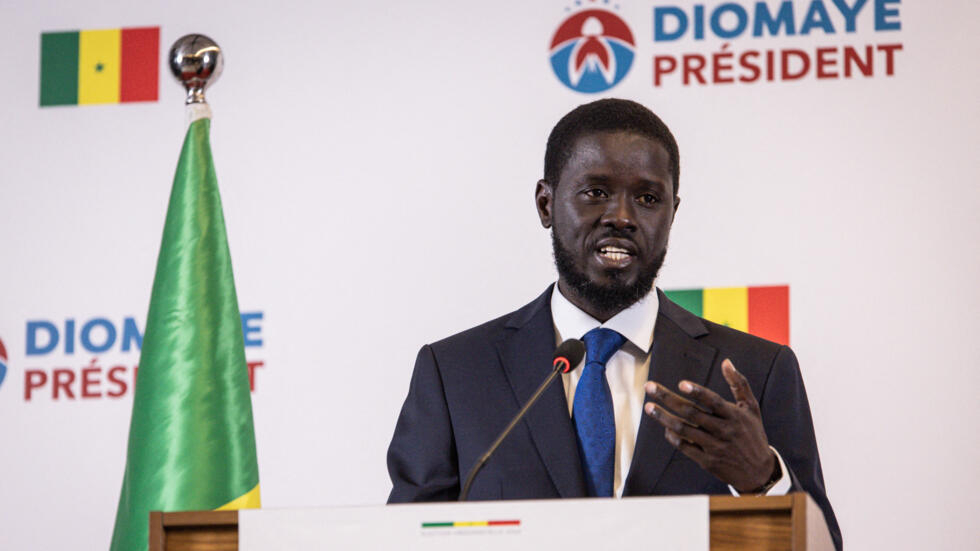- Details
- Southern Cameroons
The Plight of Anglophones in Cameroon: A Cry for Justice
The Anglophone crisis in Cameroon is a tragedy that demands urgent attention. As the country grapples with electoral processes and political maneuvering, we must not forget the suffering of our Anglophone brothers and sisters. Their plight is a stark reminder of the deep-rooted issues that plague our nation.

The Electoral Lists and the Unresolved Question
While discussions about registering on electoral lists dominate the public discourse, we must pause and reflect. Is this truly the most crucial issue? As an individual, I refuse to participate until the Anglophone question is adequately addressed. Have we considered involving our Anglophone compatriots in these elections? Their voices matter, and their inclusion is essential for genuine representation.
The Illusion of Opposition Victory
The opposition’s anticipation of winning the presidential elections is, unfortunately, misplaced. Yaoundé’s political landscape operates by its own rules—a complex dance of power, interests, and historical legacies. The stakes are high, and relinquishing power is not a simple feat. The opposition’s optimism may be well-intentioned, but it underestimates the entrenched dynamics at play.
A Call for Anglophone Leadership
To restore peace in Cameroon, we need bold solutions. My conviction is clear: Only an Anglophone leader can bridge the divide and address the real problems facing our nation. Their unique perspective, rooted in the struggles of their community, can pave the way for healing and reconciliation.
The Suffering of Anglophones
The atrocities faced by Anglophones are heart-wrenching. Driven from their ancestral lands, they now inhabit marginalized pockets—Bonabéri, Souza, and the Moungo region. Unemployment haunts them, and the label of “Ambazonians” hangs over their heads. Desperate young women turn to prostitution, while others eke out a living through small businesses. Some seek refuge in distant lands, leaving behind a fractured homeland.
Injustice and Dismissals
Recently, 14 Anglophones were unjustly fired from a major company in Douala. The pretext? Suspected ties to the Ambazonian movement. But even if they were Ambazonians, they remain Cameroonians. We cannot tolerate such discrimination. Social justice demands new approaches—ones that provide solace to those who suffer. How do we establish this modern justice? It’s a complex journey—one we cannot fully explore here.
Conclusion
Cameroon stands at a crossroads. Our collective conscience must awaken to the cries of the marginalized. Let us advocate for an inclusive democracy—one that recognizes the pain of Anglophones and seeks lasting solutions. Their struggle is our shared burden, and justice must prevail.
- Details
- News Team
- Hits: 481
Local News
- Details
- Cameroon

Crackdown on Drug Consuption in Bamenda: A Struggle for Community Safety
- News Team
- 29.Apr.2024
- Details
- Cameroon

Mother of Three Brutally Killed by 'Unknown' Gunmen in Bamenda
- News Team
- 29.Apr.2024
- Details
- Cameroon

Tragic Road Accident in Bonaberi Leaves Two Dead and Others Injured
- News Team
- 29.Apr.2024
- Details
- Cameroon

Douala-Cameroon: High-Speed Drunk Driving Incident Causes Chaos in Bali Neighborhood
- News Team
- 28.Apr.2024
EditorialView all
- Details
- Editorial

Samuel Eto'o: Football Icon Turned Diplomat - A Beacon of African Sports Diplomacy
- News Team
- 28.Apr.2024
- Details
- Editorial

Marafa Hamidou Yaya's Interview: A Call for Change in Cameroon
- News Team
- 28.Apr.2024
- Details
- Editorial

Marafa Hamidou Yaya Speaks Out: Detention, Politics, and Cameroon's Future
- News Team
- 24.Apr.2024
- Details
- Editorial

Senegal’s Sovereignty and the CFA Franc: A Call for Change
- News Team
- 21.Apr.2024
BusinessView all
- Details
- Lifestyle

Ivorian Influencer Receives Prison Sentence for Online Defamation
- News Team
- 24.Apr.2024
- Details
- Lifestyle

Social Media Uproar as Georges Gilbert Baongla Criticizes Eto'o Fils
- News Team
- 18.Apr.2024
- Details
- Lifestyle

Nigeria: Cubana Chief Priest Faces Legal Action for Currency Abuse at Social Events
- News Team
- 18.Apr.2024
- Details
- Lifestyle

Miracle in Nollywood: Junior Pope Revived After Reported Drowning Incident
- News Team
- 11.Apr.2024
